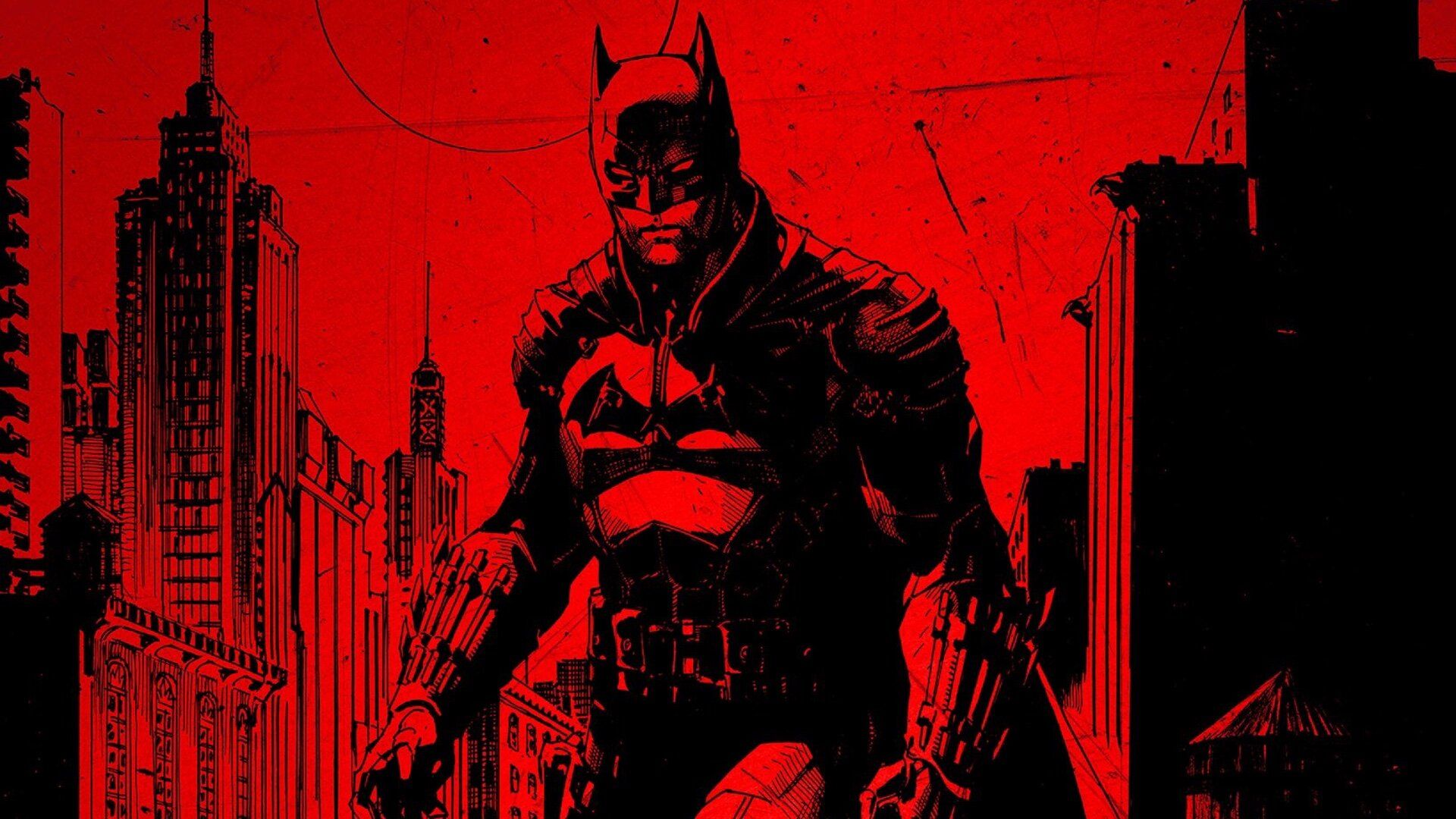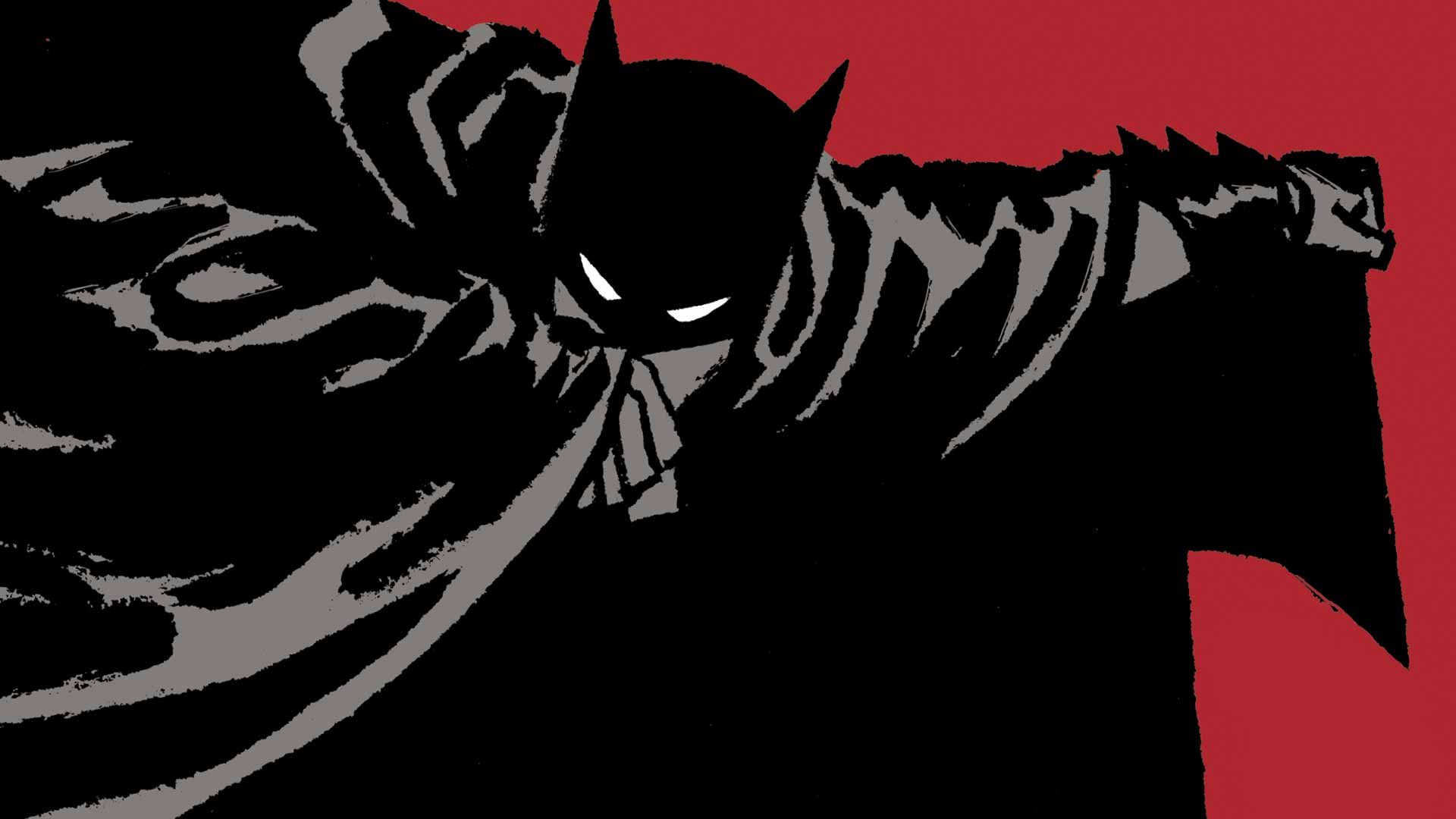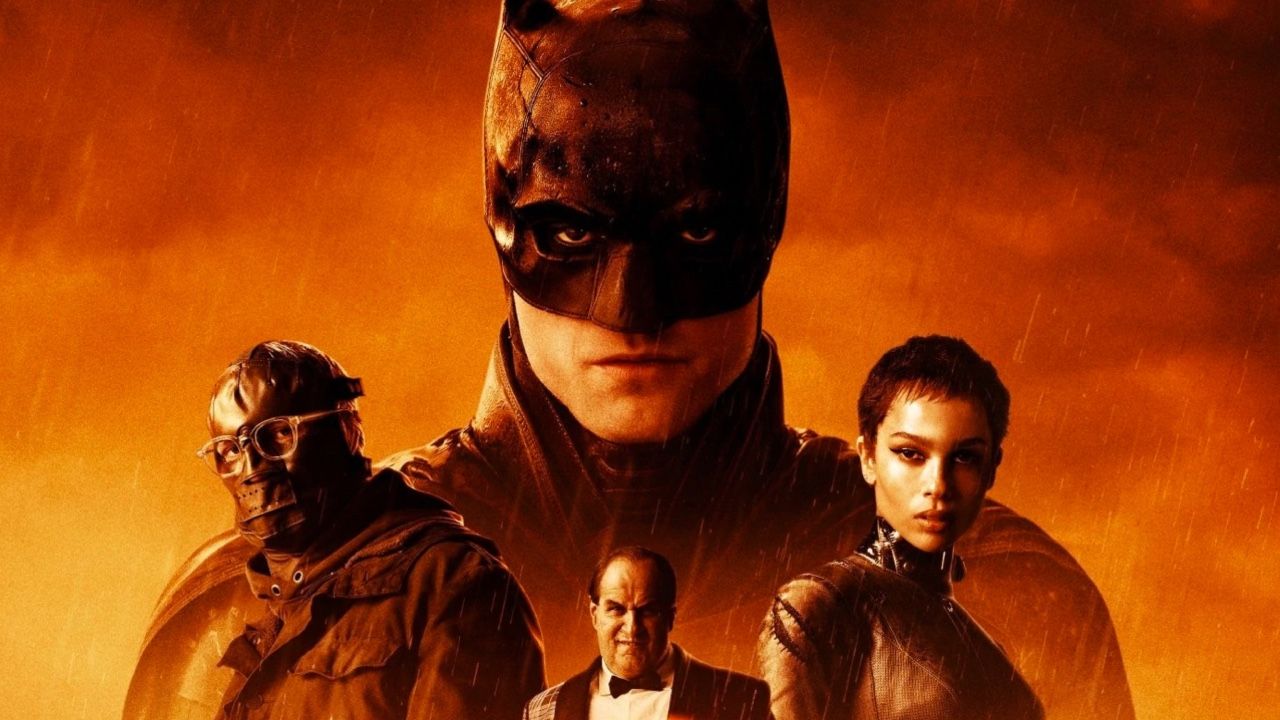Before Marvel and DC movies dominated the box office — and now, also streaming — their characters' stories were told first in comics. Superheroes like Batman and Wonder Woman would not be where they are today if comics had not paved the way for their success in other media. Indeed, Batman made his debut in a comic book published in the late 1930s before making the leap to television and, more famously now, cinema. Over eight decades have passed, and the character has been re-imagined for film once again for fans both old and new. Robert Pattinson has become the latest actor to play the Caped Crusader in The Batman.
The Batman was intended by director Matt Reeves to be the beginning of a new Batman shared universe, with talks of a sequel already happening ahead of the movie's global premiere. Reeves is, in fact, one of many directors — from Tim Burton to Christopher Nolan — who have offered a new cinematic franchise centered on the DC superhero. With so many Batman films already released before The Batman, the most immediate question that comes to mind is: are there really more Batman stories left to tell? The answer is a definite yes as the character has some of the greatest stories in the comics that have yet to be adapted for the big screen. This raises another question: is Matt Reeves' The Batman based on a specific DC Comics storyline? Here's the answer.
Is The Batman Based on a Comic?
While director Matt Reeves has cited Batman comics as primary influences on The Batman, the film was not directly based on any specific DC comic storyline; The Batman was never intended to be a complete adaptation of a previous Batman story. However, one of the comic arcs that inspired The Batman was Frank Miller's "Year One" from the late 80s. The events of Batman: Year One took place during Bruce Wayne's first year of fighting crime. He was not yet the experienced, seasoned superhero that most people recognize him to be. Taking on Gotham's criminal underworld was always going to be a difficult task, and Bruce was questioning whether he was ready to become the Batman. Gotham City police detective, James Gordon, was a central character in the comic arc. Both Bruce Wayne and James Gordon were aware of the darkness brewing within their city, and were determined to do whatever they could to stop it.
Similar to Batman: Year One, the Batman in Reeves' film is young and less experienced. But the film's Bruce Wayne is in his second year of fighting crime, not his first. Both the Year One arc and The Batman feature the beginnings of Selina Kyle as Catwoman. The tone of Year One was viewed as more grounded and realistic, which was definitely what Reeves was going for in his first Batman film. "The Batman Box Set," a collection of the film's comic influences, has been scheduled to be released in March 2022, which contains Year One, The Long Halloween, and Ego and Other Tails. Reeves has revealed that they are some of his favorite Batman stories. The Long Halloween continued the story of Year One and, like the film, told the story of a killer that put Batman's detective skills to the test. At DC Fandome, Reeves compared the exploration of Bruce Wayne's psyche in The Batman to the Ego comics:
There's also many things that are driven by the parts of himself he doesn't yet know, and so I would say that that kind of sort of psychological union, that sort of version is very much connected to that vision from Darwyn Cooke's Ego.
What Else is The Batman Inspired By?
Several real-life figures inspired the characters of The Batman. After discovering parallels between the real-life, never-identified "Zodiac Killer" and the Riddler, Matt Reeves decided to use The Riddler in his Batman film. In The Batman, two characters were named District Attorney Gil Colson and Mayor Don Mitchell Jr. They share the surnames of John N. Mitchell and Charles Colson, who were involved in the real-life Watergate scandal that was portrayed in the 1970s film, All the President's Men. Even Batman himself was inspired by a real person. While writing the film's first act, Matt Reeves listened to the Nirvana song, "Something in the Way," which was later used in the film's main trailer. Previous cinematic depictions of Batman had Bruce Wayne carry himself as a playboy in public. In Reeves' film, Bruce has become more of a social recluse. Reeves linked Bruce Wayne to music legend Kurt Cobain, who was the frontman of Nirvana. On the connection between Wayne and Cobain, Reeves told Empire;
Rather than make Bruce Wayne the playboy version we've seen before, there's another version who had gone through a great tragedy and become a recluse. So I started making this connection to Gus Van Sant's Last Days, and the idea of this fictionalised version of Kurt Cobain being in this kind of decaying manor.
Batman has been called the "World's Greatest Detective" in DC Comics, but the films have not focused so much on the detective side. In an interview with The Hollywood Reporter, Matt Reeves described The Batman as an "almost noir-driven, detective version of Batman." The film has managed to blend detective elements with psychological thriller, superhero, horror, and action genres. Moviemaker has shared that Matt Reeves was influenced by the 70s films that were a part of his childhood. Batman and Catwoman's dynamic was compared to the relationship between Donald Sutherland and Jane Fonda in Klute (1971). Meanwhile, Chinatown (1974) and All the President's Men (1976) provided Reeves with ideas on how to portray the corruption in Gotham. Another DC film, Todd Phillips' Joker (2019) which starred Joaquin Phoenix, was heavily inspired by 70s films such as Martin Scorsese's Taxi Driver.
Matt Reeves has also expressed his appreciation for filmmaker and the "Master of Suspense", Alfred Hitchcock. Reeves told CNET;
For me, point of view is really important. I want to make sure you are experiencing something from the perspective of the main character in the story. I'm a huge Hitchcock fan — I like this idea of being immersed in that perspective. Movies for me are about empathy. The idea is to make you, the audience, feel what the character feels.
Reeves previously directed two criminally-underrated Planet of the Apes movies. They focused on the idea of "empathy" that Reeves talked about, and explored the relations between characters who found each other on opposing sides. Reeves has wrapped up Caesar's story and has moved on to telling Bruce Wayne's. But he has brought the dark, gritty tone of his Apes movies with him, as well as actor Andy Serkis and composer Michael Giacchino.



